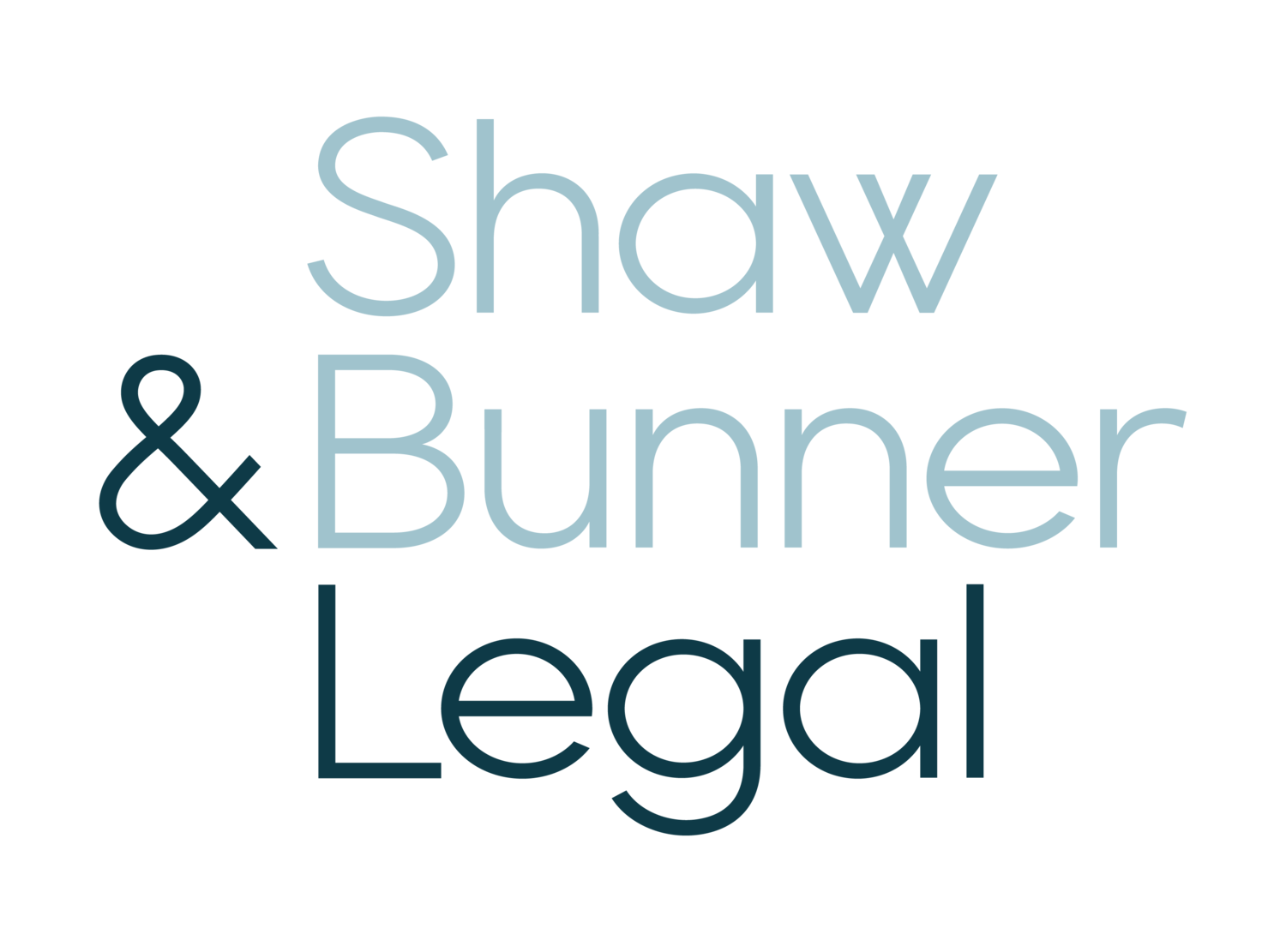Cut to Coal Miners Accident Pay Entitlements
Lst month the Fair Work Commission determined to reduce injured coal miners accident pay entitlements as contained in the Black Coal Industry Award 2010. This article talks through the key aspects of the recent decision.
What is Accident Pay?
Accident Pay (“AP”) is an industrial entitlement available to injured workers in the black coal industry pursuant to the Black Coal Mining Industry Award 2010 (“BCMI Award”). The AP entitlement is above and beyond an injured workers standard compensation entitlement and is available pursuant to their industrial agreement.
It is important to appreciate that some workers AP entitlements are provided for exclusively by the BCMI Award whereas many employees are covered by an enterprise agreement which has been negotiated to incorporate an AP provision.
AP was first introduced into the NSW black coal industry in 1973 at which time a period of 26 weeks was provided for. In February 1980, the AP entitlement was extended to 78 weeks and this has remained in place until now.
In simple terms, the current AP entitlement contained in the BCMI Award allows for the initial 39 weeks of AP to be paid at the workers paid personal leave rate and thereafter a further 39 weeks to be paid at their “classification rate”. For those employees who are employed under an enterprise agreement, the AP provision is set out in their agreement. Many of these agreements have AP provisions better than the award provisions.
The 78 week period commences from the first day of incapacity for work, which may be subsequent to the date of injury. Intermittent absences arising from the one injury are to be cumulative in the assessment of the 78 weeks.
Review of Black Coal Mining Industry Award 2010
The Fair Work Act 2009 provides that the Fair Work Commission must conduct 4 yearly reviews of modern awards. As part of this process, an application was made from the Coal Mining Industry Employer Group (“CMIEG”) to vary the accident pay provisions of the Award so that, amongst other things, the period of AP is reduced to 52 weeks. The Australian Industry Group (“AiG”) provided a written submission expressing support for the application.
The application was heard in the Fair Work Commission at the end of 2017. The application was strongly opposed by the key Union groups, namely APESMA, CFMEU (now CFMMEU) and the AMWU.
Submissions from CMIEG
The application from CMIEG was essentially two-pronged:
they sought a reduction in the payment of AP from 78 to 52 weeks;
they sought to reduce payments made in the initial 39 week period to be paid at the personal leave rate for 26 weeks only and thereafter weekly payments paid at the lower classification rate.
In short, the CMIEG contended that the AP provisions of the BCMI Award did not meet the modern awards objectives for a number of reasons including that AP entitlements in the Award are more generous than any contained in any other modern award and that the alleged rationale underpinning the 1980 decision to introduce 78 weeks of AP no longer exists.
They also maintained that the methods and processes for rehabilitation and return to work of injured workers have improved substantially over time since the introduction of AP. They relied upon data produced from Coal Mines Insurance and a report from an occupational physician.
They submitted that the change in variation would not operate retrospectively (i.e. would not affect the entitlements of an employee who is currently injured and receiving an entitlement).
Submissions from the Unions
At first instance, the Unions contended that the issue of AP in respect of the BCMI Award had already been determined by the Commission in an earlier 2015 decision which determined the transitional provisions as relating to AP. In other words, they opposed the application on the basis that the matter had recently been decided by the Commission.
The Unions contended that in considering the CMIEG’s application the Commission should have regard to the special features of the industry, including the particular injury risk associated with the industry and the special regime for regulation of safety, workers compensation and accident pay.
The Unions produced data which demonstrated the significant financial loss to injured workers. They highlighted that the reduction in AP entitlements would result in employees who rely on the BCMI Award being substantially worse off then employees covered by enterprise agreements.
Further, they submitted that there was nothing in the Act which required them to demonstrate that the black coal mining industry had exceptional features in order to successful challenge the CMIEG’s application. The Union highlighted that the clause had remained unchanged for 37 years and been accepted throughout that period by the industrial parties as being in an appropriate form.
The Findings of the Commission
The Decision was handed down by the Commission on 26 September 2018.
Ultimately the Commission determined they could deal with AP on this occasion as the issue of quantum had not previously been the subject of consideration in the earlier proceedings.
The Commission was minded to accept evidence that the coal mining industry was no more dangerous than a number of other industries. They accepted evidence that over the last 20 years injury rates in the industry have continued to trend downwards whilst fatality figures are “bumping along the bottom”.
The Commission acknowledged the differing figures put forth as evidence of the financial impact upon injured workers and held that the impact to workers would be reduced as a result of any variations operating prospectively.
The Commission accepted CMIEGs evidence that very few claims in NSW exceed 52 weeks and on that basis, considered the proportion of injured workers who would be affected would be less.
The Commission commented that those workers covered by an enterprise agreement would not be immediately affected by the variation of the AP clause. They referred to evidence of a large number of enterprise agreements containing AP as being indicative of there already being considerable bargaining in respect of AP clauses.
Whilst the Commission felt 52 weeks of AP was appropriate, they did not accept the CMIEG’s application to reduce the entitlement to classification rate at the 26 week mark.
The Commission found that the bulk of the negative impact on injured workers arises from the reduction of AP when it becomes payable at the paid personal leave rate. The Commission will maintain the basis on which the first 39 weeks of AP is paid and then reduce payments to the classification rate from weeks 40 to 52.
The AP variation will only apply to injuries which occur on or after the date on which the variation commences operation. The changes will effect workers who rely on the BCMI Award initially and not those covered by an enterprise agreement.
The final variation is due to take effect on 1 November 2018.

